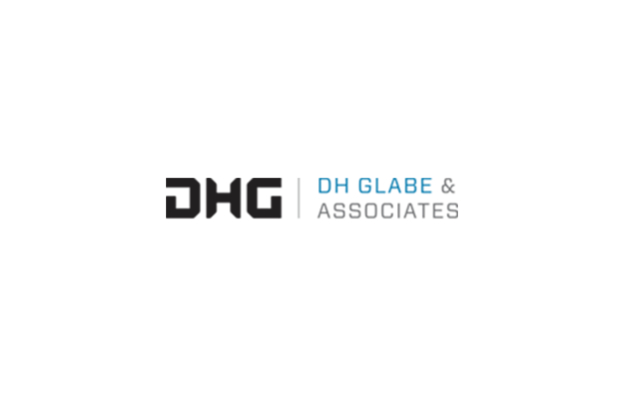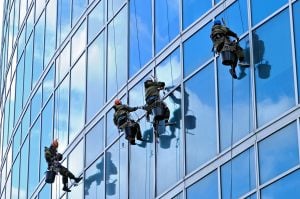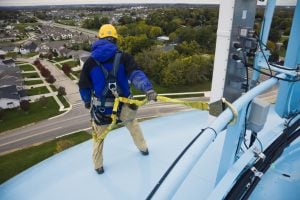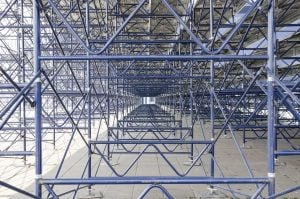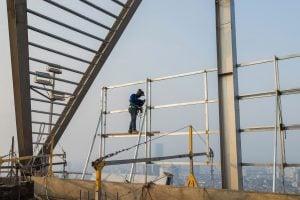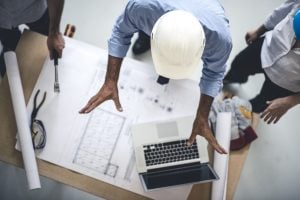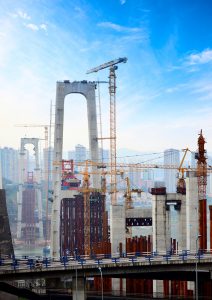So, let’s try a different concept; let’s look at this falling body issue from a different perspective. Suppose for a minute that the argument that goes like this really works: “I won’t fall.” You, the employee, are convinced that you won’t fall today. Let’s face it, if you thought you were going to fall you would probably stay home. As a matter of fact, your boss would probably appreciate you staying home. Just think, you could call your boss and say: “Hey, I think I’m going to fall today.” Your boss would thank you and tell you to take the day off and be safe! Life would indeed be good.
Now, for those of you who think that you won’t fall we will have to have a little different approach. Since money talks, how about this: if you don’t think you will fall, and you refuse to comply with OSHA (or company) fall protection standards, then you will have to pay all the costs associated with the fall. As you know, medical expenses can be rather significant. But just think what the boss will charge for all the lost productivity! And that is just the start. Once your fall and the ensuing activities begin, there will be a lot more expenses to consider. You have the doctors, the hospitals, the ambulance ride, OSHA, insurance companies, funeral homes (if necessary), and lawyers to contend with. Each one is expecting you to pay for it all. But not to worry—if you’re dead you won’t have to deal with it; your spouse gets to pay for it all. She/he will appreciate that.
Some workers have the brilliant idea that if they fall they will be able to grab on to something on the way down, eliminating the sudden stop at the end. Obviously, these workers have no idea how fast they will fall. Did you know that after you have decided to take the pitch off the scaffold platform, in just one half of a second you are traveling at a delightful 11 miles per hour and you have traveled 4 feet? Where do you suppose the guardrail is at that point? And if you were lucky enough to grab and hold onto a scaffold member, such as a guardrail, you would have to hang on with a force of 1,600 pounds. I suspect that your arm would no longer be attached to your shoulder. But not to worry, you have another arm.
Perhaps we should take a different look at the entire concept of fall protection. Instead of encouraging workers to utilize a guardrail system or personal fall arrest system, we should utilize the concept of reverse psychology. (I took an “Introduction to Psychology” class back in college so I’m an expert on such matters.) Employers should be encouraged to tell workers not to use fall protection. Just think of the savings! No guardrails to install, no personal fall protection equipment to buy. For scaffold suppliers, it would mean additional yard space for other inventory. Furthermore, no maintenance would be needed for those bent rails. Safety officers could concentrate on more important things such as proper paperwork. Job foremen could focus on the work to be done instead of worrying about whether the workers are working safely. My goodness, productivity would soar. Profits would skyrocket and the employer could share the monetary rewards with their employees; workers would be rewarded for working hazardously! What an idea—why haven’t we instituted this policy? Oh wait, on some jobsites we already have.
Note that I haven’t specified whether those workers are scaffold users or scaffold erectors. We have erectors who tell us they don’t have to “tie-off” because they are special—they are erectors. And we have users who think they don’t need guardrails because they won’t fall. We have employers who just don’t care. Maybe the reverse psychology is being used and we just haven’t recognized it. I suppose I’ll have to take more classes to understand it.



